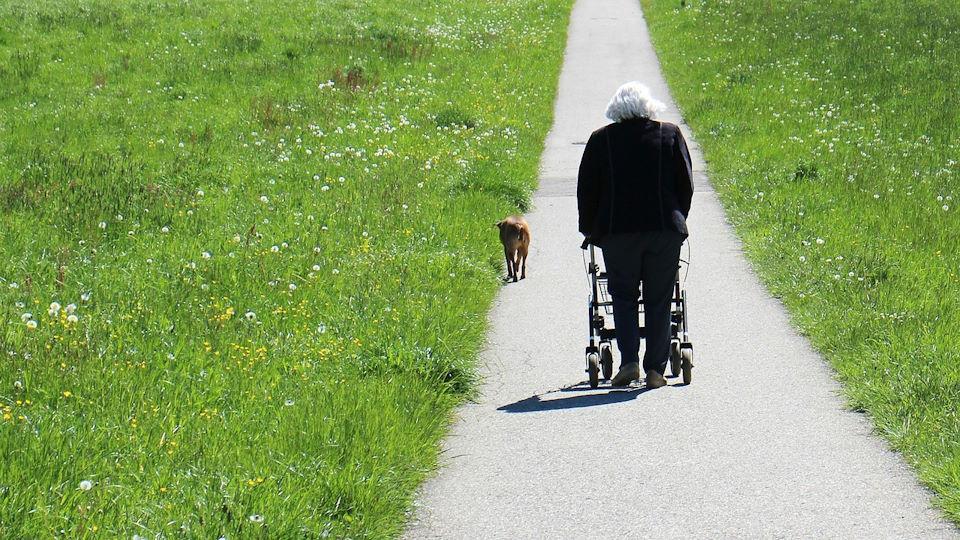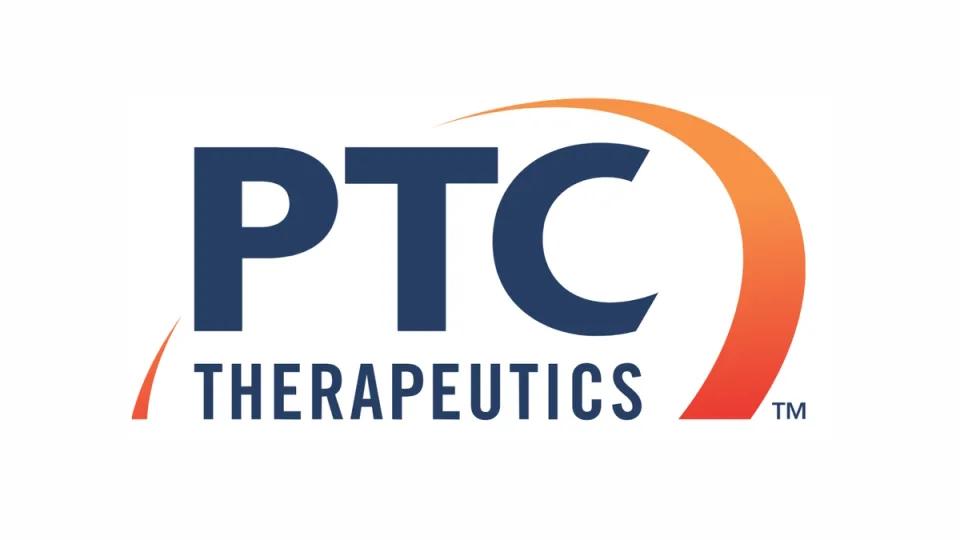Biogen’s Skyclarys is first EU drug for Friedreich’s ataxia

After getting a green light from the European Commission, Biogen’s Skyclarys is the first approved medicine for the inherited neurological disease Friedreich’s ataxia (FA) in the EU.
Skyclarys (omaveloxolone) has been cleared for use in patients aged 16 years and older with FA, a debilitating and progressive disease that results in a range of symptoms, including difficulty walking, inability to coordinate movements, muscle weakness, speech problems, damage to the heart muscle, and diabetes. It was approved in the US last year.
“In my clinical practice, I have seen the devastating impact that Friedreich’s ataxia has on patients and their families,” said Sylvia Boesch of Medical University Innsbruck in Austria, who was principal investigator of the MOXIe study that supported the approval of Skyclarys.
She added that patients treated with the oral drug in the trial experienced “important and clinically meaningful improvements for their daily lives”.
In MOXIe, patients taking Skyclarys achieved a significant 2.4-point improvement in modified Friedreich’s Ataxia Rating Scale (mFARS) scores relative to the placebo group and also improved other clinical measures, including activities of daily living.
FA is caused by genetic mutations that lead to low levels of frataxin, a protein necessary for the correct functioning of mitochondria, organelles that produce energy to drive cellular processes. Compromised mitochondrial function leads to chronic inflammation and vulnerability to oxidative stress, causing neuronal and muscle cells to degenerate.
Skyclarys is designed to activate NrF2, a transcription factor protein whose signalling is impaired in FA patients. NrF2 activates genes that promote mitochondrial function, boost antioxidant responses, and prevent inflammation.
There are around 16,000 patients with FA in Europe and the US, where Skyclarys launched with a list price of approximately $370,000 per year. It is viewed as a key product for Biogen after a series of pipeline failures and patent expiries, as well as the disastrous launch of Eisai-partnered Alzheimer’s therapy Aduhelm (aducanumab) and slow uptake of follow-up therapy Leqembi (lecanemab).
It joins Qalsody (tofersen), a recently launched first-in-class therapy for a specific form of amyotrophic lateral sclerosis (ALS), among Biogen’s new product launches, and is thought to have the greatest commercial potential of the two with a chance of $1 billion-plus sales at peak. Qalsody, meanwhile, has been tipped to make around $300 million.
Biogen acquired rights to Skyclarys last year when it bought Reata Pharma for $7.3 billion.
Image by Manfred Antranias Zimmer from Pixabay













